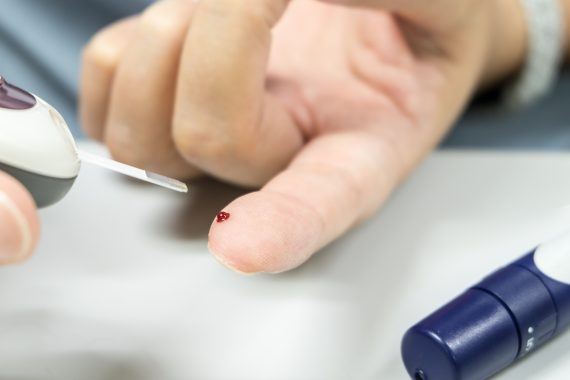GPs paid £50 to use motivational interviewing in medicine reviews

A CCG is paying GPs to use motivational interviewing in a bid to reduce its prescribing budget.
NHS Haringey CCG pays GPs £30-50 for each medicine review of patients with diabetes, asthma, AF or COPD.
The CCG said its £350,000-a-year Prescribing Quality and Saving Scheme incentivises motivational interviewing as an alternative to ‘often ineffective’ practices of just giving patients advice to change their behaviour.
The counselling technique requires GPs to guide patients and develop strategies to drive their motivation. This includes listening and using positive language to encourage change, the CCG explained.
Practices get paid for carrying out the reviews regardless of whether or not they achieve an overall saving to their prescribing budget.
For example, GPs are paid £30 per patient to review diabetes patients with poor glycated haemoglobin (HbA1c), and another £20 for a follow-up review.
GPs are paid £40 for asthma reviews (where patients overuse reliever therapy and underuse ICS); £30 for AF reviews and £50 for COPD reviews.
Although only the diabetes reviews stipulate GPs must use MI, the CCG recommends GPs ‘should’ use MI for the other conditions.
According to the CCG, data on the outcomes for the diabetes MI intervention to date has seen over two thirds of patients improve their HbA1c.
It said that in 2016/17 – when 85% of practices participated in the scheme – 1,263 diabetes patients were reviewed, out of which 64% were recorded with improved HbA1c at their follow-up appointment.
In 2015/16 practices reviewed 566 patients, out of whom 52% were identified with improved HbA1c.
The CCG said the main intervention recorded was ‘discussing/reviewing patient’s diet followed by introducing a new medicine’.
A CCG spokesperson told Pulse it had trained GPs in MI because ‘simply giving patients advice to change is often unrewarding and ineffective’.
They added: ‘Motivational interviewing uses a guiding style to engage with patients, clarify their strengths and aspirations, evoke their own motivations for change, and promote autonomy of decision making.’
Haringey-based locum GP Dr Mumtaz Ahmad said: ‘It’s less prescriptive, it encourages patients to change a habit because they get to see the pros and cons of continuing with their habits and feel more in control.
‘It usually works, as we get the patient involved in his own health matters and take responsibility for maintaining good health’.
Dr Andrew Green, prescribing policy lead for the BMA’s GP Committee, said: ‘This is the first area that I have heard of to put practical steps in place to encourage this. I would welcome any help in offering an alternative to the default option, which is to increase the prescribing load carried by a patient who may already be struggling with their medication.’
He added: ‘We all know the power of words, and words spoken by GPs in particular can have a dramatic impact on patients. Choosing the right ones can be a challenge, and although some may be lucky enough to do this naturally, we can all learn new tricks.’
Visit Pulse Reference for details on 140 symptoms, including easily searchable symptoms and categories, offering you a free platform to check symptoms and receive potential diagnoses during consultations.









